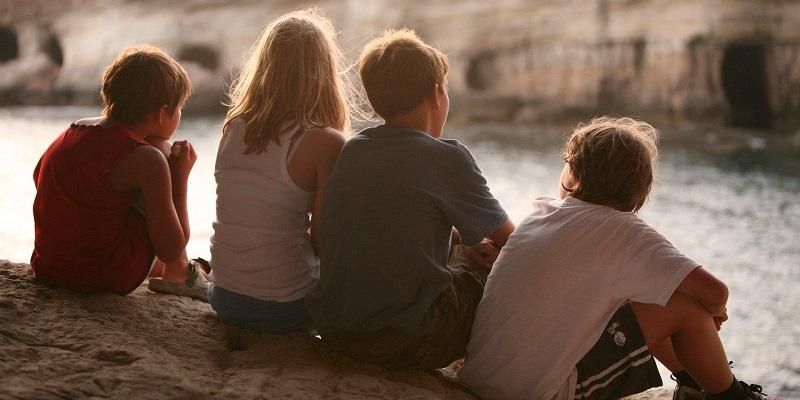
Results from a study of children with cancer who tested positive for COVID-19 has found they were not at an increased risk of getting a severe coronavirus infection.
Published in the British Journal of Cancer, the results of the study reveal that the majority either had a mild infection or were asymptomatic. No patients died from COVID-19 and only 5% required intensive care support.
“We’re delighted to have been able to support this project, to better understand the impact of COVID-19 on children with cancer.”
The study, which compared the severity of COVID-19 infections in children with cancer and those without, involved the University and Leeds Teaching Hospitals NHS Trust,
Co-author Professor Adam Glaser, based in the School of Medicine and Leeds Institute for Data Analytics, said: “More children are surviving cancer than ever before. Many need intensive treatments to become cancer-free and these often make them at high risk of infection with reduced immune function.
“This study from the first wave of the COVID-19 pandemic provides helpful intelligence to re-assure young people with cancer, and their families, that COVID-19 does not represent a significantly increased risk to the vast majority of them when compared to other young people of the same age.”
Launched in April, the UK Paediatric Coronavirus Cancer Monitoring Project was set up following a similar project in adult cancer patients coordinated from the University of Birmingham.
Lead author, Gerard Millen, Cancer Research UK Clinical Trials Fellow in the University of Birmingham’s Cancer Research UK Clinical Trials Unit, said: “The COVID-19 pandemic spread rapidly in the early part of 2020 and there were initial concerns about the severity of the infection in adults with cancer. Whilst children overall seemed to be less severely affected, little was known about the effects in children with cancer.
“The results are reassuring to parents around the country that children with cancer are at no greater risk of developing serious symptoms of COVID-19 than other children.”
Ashley Gamble, Chief Executive of the Children's Cancer and Leukaemia Group (CLG), said: “We’re delighted to have been able to support this vital project, which has enabled us to better understand the impact of COVID-19 on children and young people with cancer.
“This has allowed the CCLG to provide evidence-based guidance to support parents and families of children with cancer to assess their risks and make informed decisions about family life during the pandemic, including supporting children, where appropriate, to stop shielding where the risks are lower than originally thought, and return to school to minimise the impact on their education."
Further information
- Image picture: Pixabay
- For further details, contact the University of Leeds press office via pressoffice@leeds.ac.uk